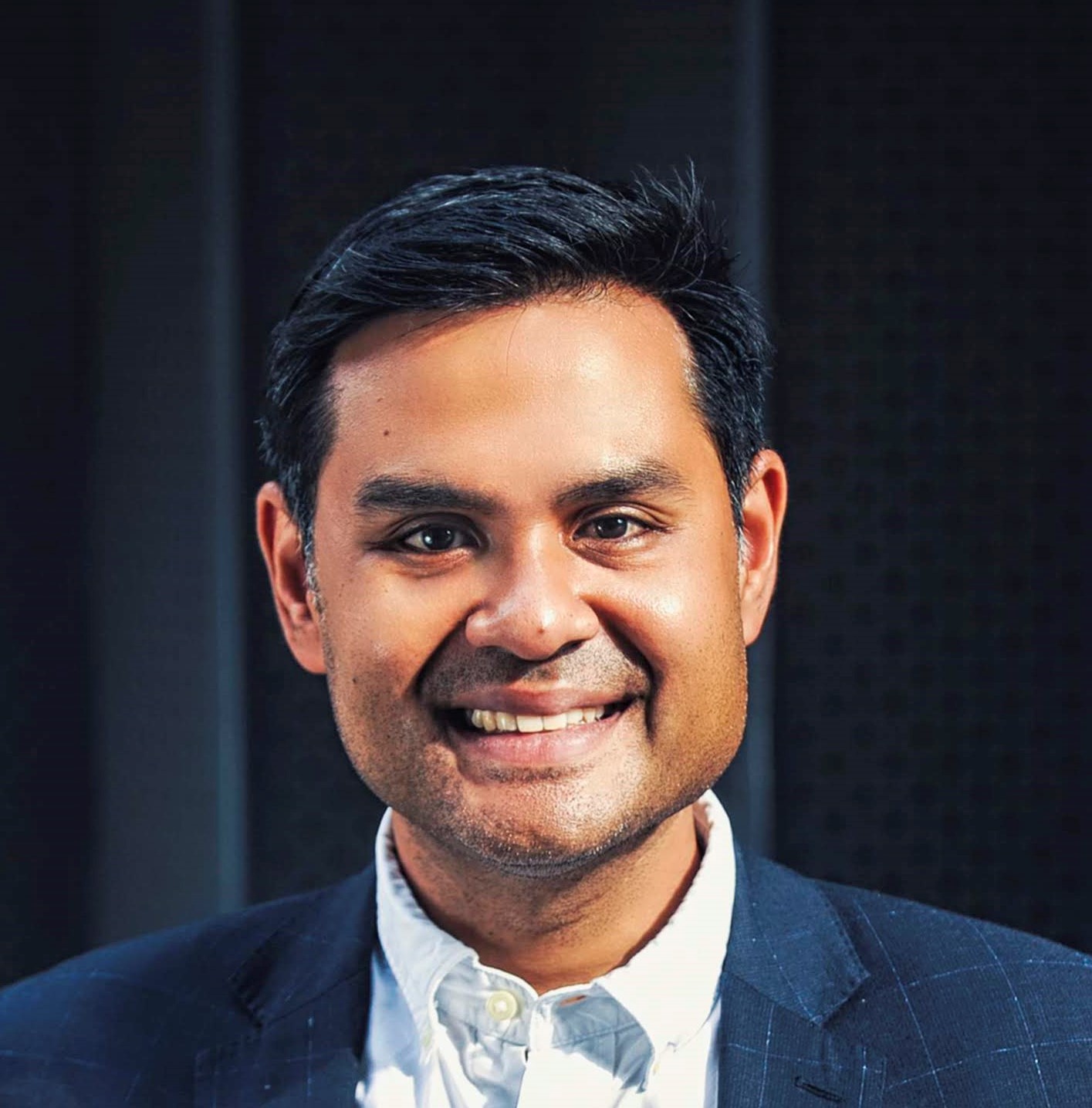Shanon Shah – The making of a good gay Muslim: Navigating (post)colonial politics in contemporary Britain
28 February 2022Has public debate on Islam and sexual diversity finally come of age, in Britain at least? Judging by the evolving media and pop culture landscape over the past decade, it is tempting to be positive. So much has happened since the groundbreaking “gay Muslim storyline” premiered on EastEnders back in 2009. A brief chronology reveals an interesting emergence of different titles in different settings and formats.
For starters, 2009 also saw the premiere Alia Bano’s award-winning play, Shades, at the Royal Court Theatre, with a clear and thoughtful gay Muslim subplot.
In 2015, a couple of years after the EastEnders gay Muslim story arc ended, Channel 4 premiered Muslim Drag Queens, a single-episode documentary endorsed by Sir Ian McKellen, no less. In 2016, the two-part BBC reality series Muslims Like Us prominently featured a debate about queerness and Islam. In 2018, another award-winning play, Iman Qureshi’s The Funeral Director, put the British queer Muslim experience front and centre. This was also the year my book-length monograph, The Making of a Gay Muslim: Religion, Sexuality and Identity in Malaysia and Britain, was published – not exactly a pop culture product per se, but parts of it contextualise the intersections of queerness, pop culture, and contemporary Islam in Malaysia and Britain. The following year, Amrou Al-Kadhi’s Life of a Unicorn: Memoirs of a Muslim Drag Queen was published and then, in 2021, the Channel 4 sitcom, We Are Lady Parts, prominently featured a queer Muslim subplot with a refreshing twist.
This list is by no means exhaustive. And I’ve only listed developments in media and pop culture. There’s also the growth of Muslim lesbian, gay, bisexual, transgender and queer (LGBTQ+) networks, such as Imaan, Hidayah, and London Queer Muslims, and other queer-sensitive Muslim spaces, such as the Inclusive Mosque Initiative.
These developments seem to embody the ethos of the Equality Act 2010 and even the government’s contested checklist of “fundamental British values”. This kind of framing brings to mind other contested notions such as “integration” and “assimilation”, especially when applied to Muslims in Britain.
Yet the political landscape is not that straightforward. These liberalising trends have occurred alongside prevailing, heavily racialised and Islamophobic counter-terrorism measures, especially the controversial Prevent policy. There have also been incidents of mass public violence perpetrated by Islamic State and Far Right terrorists.
In relation to racism and xenophobia, the UK has seen the Windrush scandal, a growing refugee crisis (and an increasingly hostile response by the government), and the rise of right-wing populism in the wake of Brexit.
On Islam and sexuality specifically, protests by some Muslim parents against the relationship and sex education (RSE) syllabus at Anderton Park Primary School dominated the headlines in late 2019.
Meanwhile, more recently, there has been a step-change in debates about racial justice in the wake of the Movement for Black Lives.
In relation to the lives of LGBTQ+ Muslims in Britain, these conflicting trends have produced an almost dualistic tension. British society seems to be pulling towards more diversity, equality, inclusion, and multiculturalism on one hand; and more Islamophobia, racism and xenophobia on the other hand. This tension simmers in the background of media debate and portrayals of Islam and sexual marginals, and it bubbles and boils over whenever a controversy or tragedy occurs, such as the Orlando massacre of 2016.
Media and pop culture developments in relation to queer Muslim expression in Britain are therefore not merely signs of the times nor indicators of liberal “progress” or “integration”. Rather, they are products of a social environment in which questions of identity, belonging, and citizenship are being contested and examples of intervention within this landscape.
Since 2003, I have been involved in social justice activism in relation to Islam, gender and sexuality – first, as a human rights activist, journalist, playwright and musician in my native Malaysia, and since 2010 as a scholar, activist and writer in Britain. I will draw upon these experiences and insights to investigate the making of a “good” gay Muslim in contemporary Britain in my upcoming contribution to the Centre for the Study of Islam in the UK’s public seminar series – join us.

Dr Shanon Shah is the Senior Deputy Editor of Critical Muslim, a London-based publication of the Muslim Institute, a researcher at INFORM, and Tutor in Interfaith Relations at the University of London’s Divinity programme.
- Sophie Gilliat-Ray – A Tale of Two Re-interments
- Sam Bartlett – Research Update on Islam in Wales Project
- Matthew Vince – Exploring the Rich Tapestry of Islam: Three Years of Discovering Muslims in Britain
- Laiqah Osman – Things to consider when applying for a PhD, from a PhD student
- Sophie Gilliat-Ray, Mansur Ali, and Hansjoerg Schmid: Research Update
- April 2024
- March 2024
- June 2023
- May 2023
- April 2023
- March 2023
- February 2023
- January 2023
- December 2022
- October 2022
- February 2022
- September 2021
- July 2021
- February 2021
- December 2020
- November 2020
- July 2020
- June 2020
- May 2020
- February 2020
- July 2019
- March 2019
- February 2019
- November 2018
- July 2018
- June 2018
- April 2018
- January 2018
- October 2017
- August 2017
- July 2017
- June 2017
- April 2017
- July 2016
- March 2016
- April 2015
- March 2015
- February 2015
- December 2014
- November 2014
- October 2014
- September 2014
- August 2014
- April 2014
- March 2014
- January 2014
- December 2013
- November 2013
- October 2013
- September 2013
- June 2010